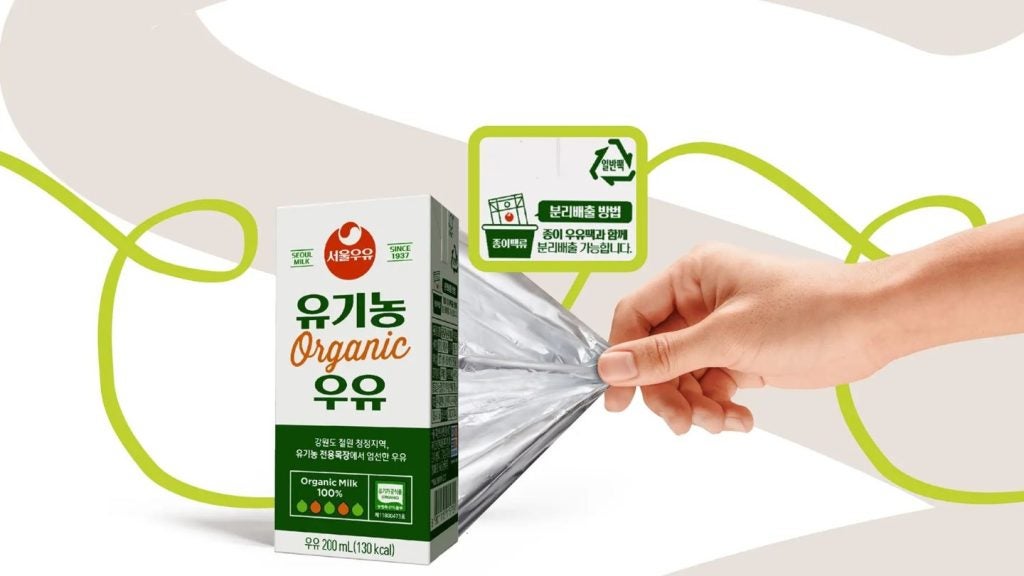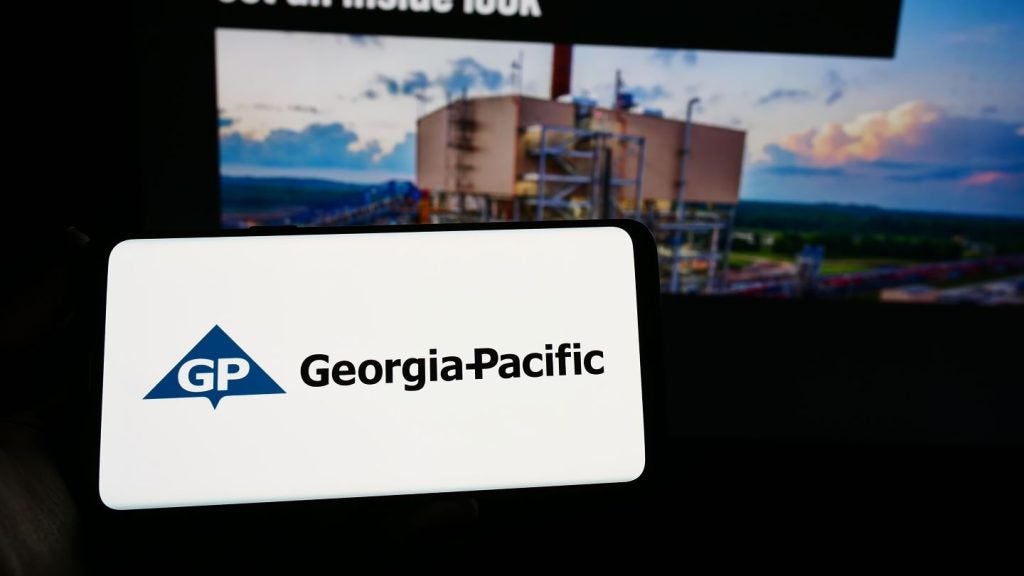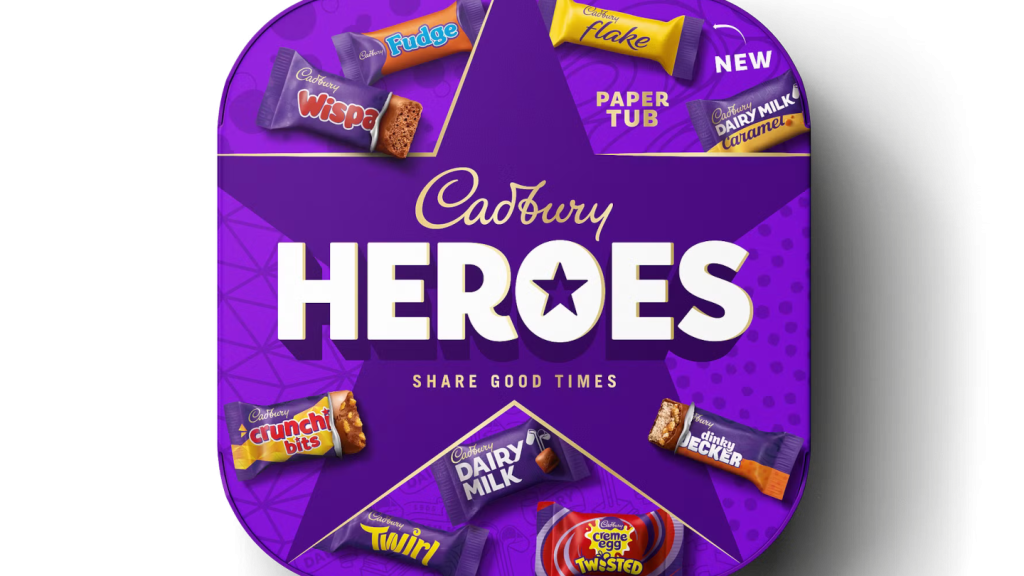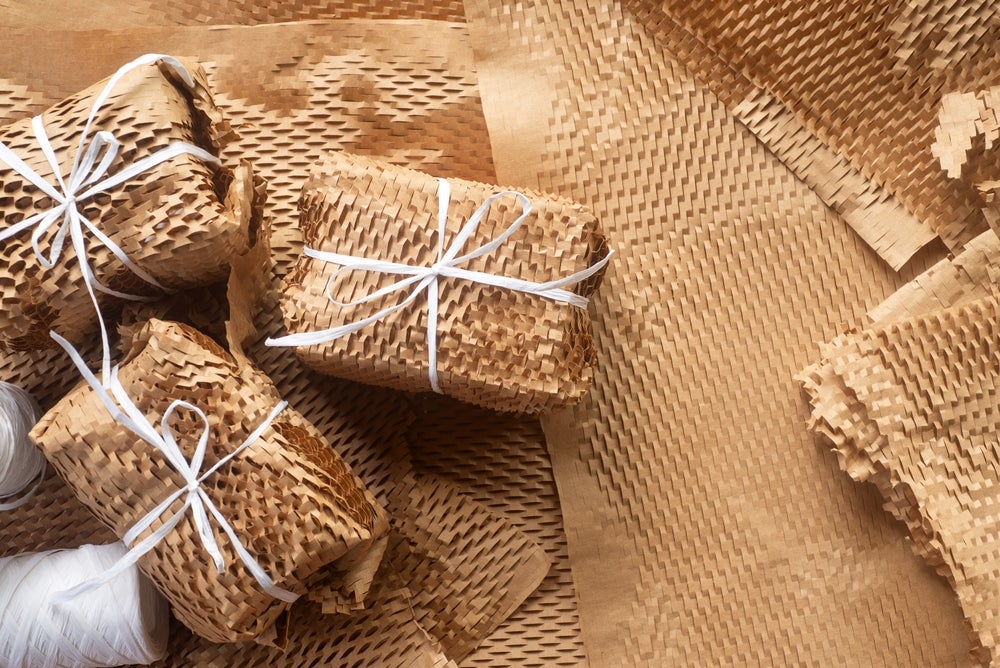South Korea’s Seoul Dairy Cooperative (SDC) has begun packaging its products in Swiss packaging company SIG’s aluminium-layer-free, full‑barrier aseptic carton packs, starting with its organic white milk.
The packaging uses SIG Terra Alu-free + Full barrier - the world’s first full-barrier aseptic carton material without an aluminium layer.
The material provides the same full-barrier protection as standard aseptic cartons and affords the same shelf life of up to 12 months.
SIG’s alu-free full-barrier solution replaces the conventional three-material aseptic carton structure — paper, polymers and an aluminium layer — with two main raw materials: Forest Stewardship Council trademarked and certified paperboard and polymers, substituting the aluminium with an ultra-thin polymer layer.
The move is presented as having substantial environmental benefits.
Although aluminium represents only 5% of a standard aseptic carton’s weight, SIG states it contributes roughly 25% of the carton’s carbon footprint.
Under current South Korean environmental regulations, the new packaging is officially labelled recyclable.
The aseptic cartons are the first in South Korea to achieve a recyclable grade from the country’s recyclability grading system, meaning they can be collected and recycled alongside chilled gable-top cartons.
SDC president and CEO Jinsup Moon stated: “By adopting SIG Terra Alu-free + Full barrier, we are taking a significant step toward enhanced recycling and supporting Korea’s drive for a circular economy.”
In May 2025, SIG revealed the commercial launch of the Terra Alu-free + Full barrier solution for multi-serve aseptic cartons.
In July, the company introduced one-litre aseptic carton packs made from Terra Alu-free + Full barrier material without an aluminium layer.
SIG first introduced an aluminium-layer-free material for aseptic cartons in 2010 with SIG Terra Alu-free and has since sold over four billion packs without an aluminium layer.
With the Terra Alu-free + Full barrier variant, SIG has expanded its alu-layer-free options for use with oxygen-sensitive products such as fruit juices, nectars, flavoured milk and plant-based beverages. It has sold more than 400 million packs of the full-barrier material since 2023.












